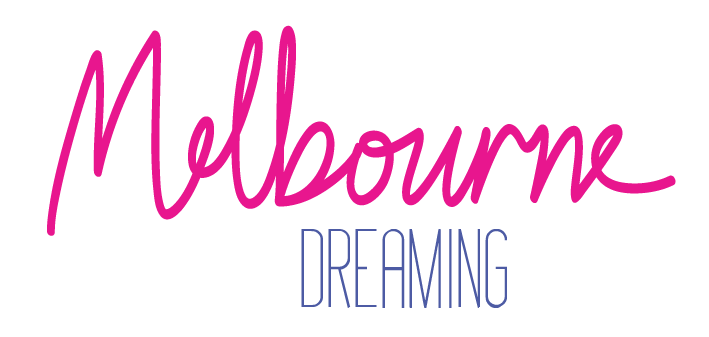The clarinet is the most melancholy of all the instruments.
Flutes are the most light-hearted.
French horns sound impending doom.
Trumpets add a sense of urgency.
The organ is so large, it is easy to overlook. The effect is one of your vision zooming out in stages, so that you take in one set of pipes before realising there is an even bigger set next to them; and a truly epic set right next to those. Also, the organist gets to sit with his back to everybody, including the conductor, so he has two special little TV screens to keep him in the loop. Neat (in both senses of the word).
The trombonists generally just sit there looking portly.
The violinists are the most numerous and noticably busy of all the instrumentalists.
The solo soprano gets to upstage everybody else in sartorial terms - think cherry red, floor length show-stopper with plunging neckline and a train trailing obsequious in her wake.
The conductors's hands float in an hypnotic yet unpredictable way, like the flight path of a butterfly. At times they seem to be plucking grapes from an imaginary vine; at others, daintily hanging invisible washing on an invisible line. Sometimes they describe the shape of a particularly voluptuous woman; sometimes they repeatedly open and draw a set of invisible curtains; and occassionally, they seem to calm a particularly volatile (but once again, invisible) horse.
I must admit my mind was wandering by this stage.
And finally - it is innapropriate to whistle after an orchestral performance: even if you know one of the members of the choir. He just won't appreciate it and neither will your white-haired neighbours in the audience.
I saw Beethoven's Missa Solemnis, just so you don't think I am a complete philistine.
Sunday, October 19, 2008
Subscribe to:
Post Comments (Atom)




No comments:
Post a Comment